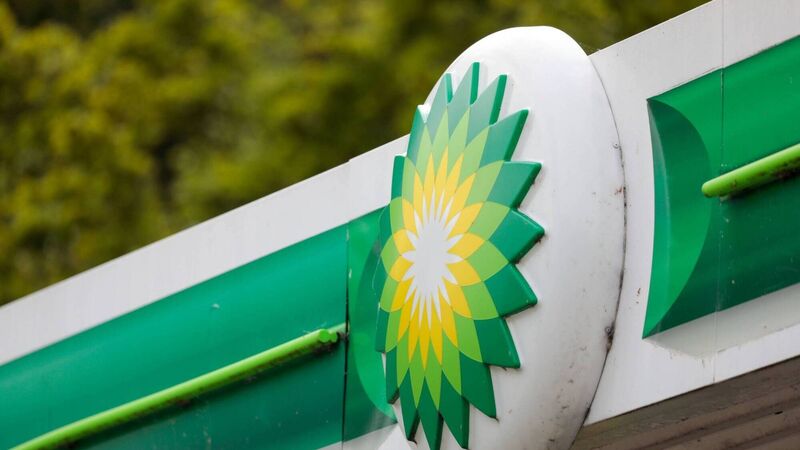Crude oil price surges again, signalling bad news for Covid-19-hit Irish firms

The Brent benchmark price is now back within sight of $60 after crude has kept climbing steadily since late last year as coronavirus vaccines and producers’ supply curbs boost expectations of a tighter market. Photo: Jason Alden/Bloomberg
Brent crude oil prices surged again, rising to almost $57 a barrel, as oil in New York trade reached its highest level in a year as the virus-recovery rally continued. The surge spells bad news for Irish firms already struggling with the Covid-19 crisis.
The Brent benchmark price is now back within sight of $60 after crude has kept climbing steadily since late last year as coronavirus vaccines and producers’ supply curbs boost expectations of a tighter market. Meanwhile, Opec and other suppliers see stockpiles falling below their five-year average in the second quarter.











